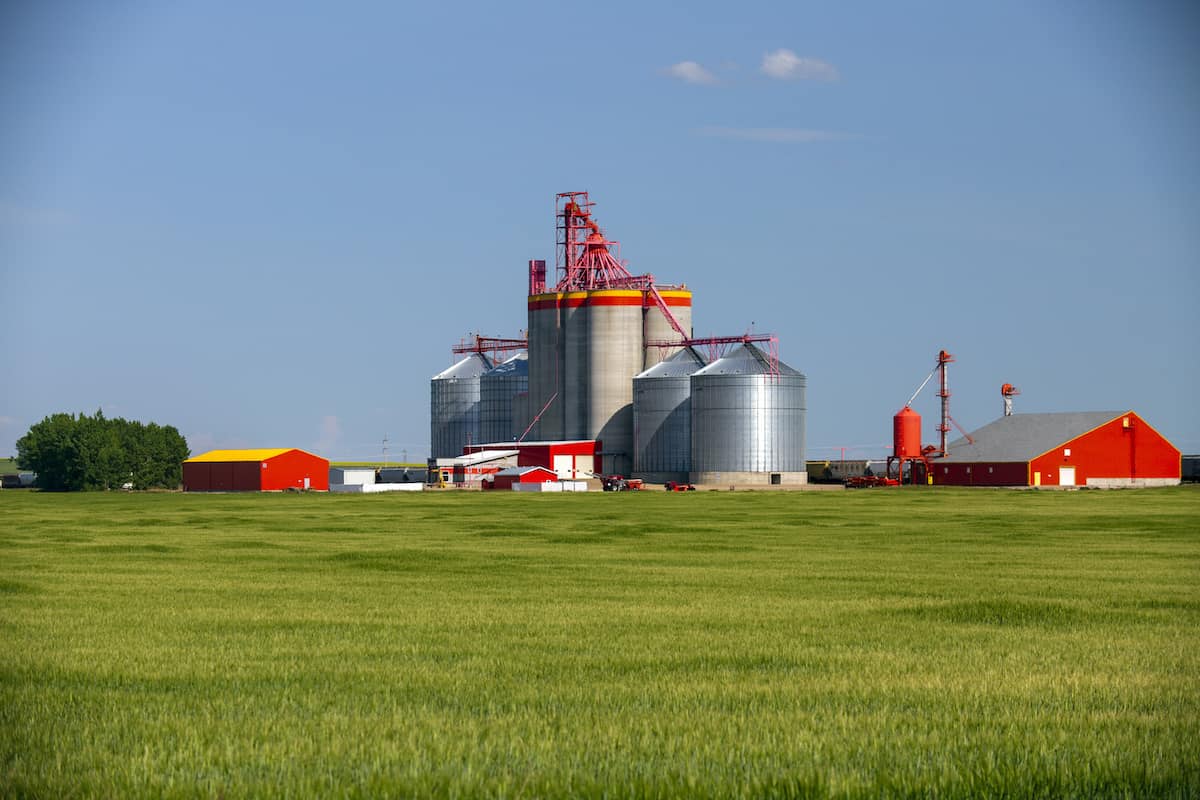On August 18, 2023, Immigration, Refugees and Citizenship Canada (IRCC) announced two changes to its Agri-Food Pilot program to help address Canada’s labor needs.
These firstly include the expansion of open work permit access to family members of all participants in the Pilot, and secondly the announcement that IRCC is accepting union reference letters to attest to a candidate’s work experience as an alternative to employer reference letters.
These changes, as per IRCC, will provide further access to the Agri-Food Pilot and give more opportunities to workers and their families.
The purpose of the Pilot is to help address Canada labor shortages in specific agricultural and food-oriented industries.
It does so by providing a pathway to permanent residence for experienced, non-seasonal workers in specific industries and with specific occupations.
Read More:
Opinion Piece Argues That the Liberal Party Has “Broken Canada’s Immigration System”
International Experience Canada Program
Quebec issues 1,384 invitations to apply for immigration in Arrima draw
The program opened on May 15, 2020, and was originally scheduled to run until May 14, 2023 However, its success has caused it to be further extended till May 14, 2025.
Eligible applicants need to show eligible work experience in an eligible industry and occupation, and have a full-time job offer for non-seasonal work in an eligible industry and occupation in Canada (outside Quebec).
The Process for Applying to the Agri-Food Pilot
To apply for permanent residence under the Agri-Food Pilot, candidates need
- eligible Canadian work experience in one or more of the eligible industries and occupations
- a full-time, non-seasonal job offer from a Canadian employer in one of the eligible industries and occupations (outside of Quebec)
- to meet or exceed the language requirements
- to meet or exceed the educational requirements
- to have settlement funds (if applicable)
- to maintain temporary resident status (if already in Canada)
Work Experience Requirements
Candidates must have eligible Canadian work experience, which must be
- at least 1 year of cumulative, non-seasonal, full-time work in the past 3 years (at least 1,560 hours)
- in 1 or more of the eligible occupations listed under 1 of the eligible industries
- through the Temporary Foreign Worker Program
- A labour market impact assessment (LMIA) with a minimum 12-month duration must have been submitted by candidates’ employer when hiring them.
- If unsure, candidates can ask their former or current employer about the duration.
Candidates need to also give IRCC proof of their work experience, such as
- an employer or union reference letter
- A union reference letter is only for unionized positions.
- a letter of employment
- a T4
- paystubs
Language, Educational, and Other Candidate Requirements
Owing to Canada’s bilingual nature, candidates must demonstrate ability in English or French.
This can be achieved by meeting the minimum language requirements of a Canadian Language Benchmarks (CLB) or Niveaux de competence linguistique canadiens (NCLC) Level 4 in reading, writing, speaking, and listening.
Results need to be submitted from an approved language test, the results of which must be less than two years old at the time of application; the two years are counted from the day the test is taken.
In terms of education, candidates must have at least
- a Canadian high school diploma, or
- an educational credential assessment (ECA) report issued by a designated organization or professional body indicating the successful completion of a foreign qualification at or above the secondary school level.
- The ECA report must be less than 5 years old on the date of application.
- The original ECA report must have been issued on or after the date the organization was designated.
Candidates must also demonstrate that they hold settlement funds for themselves and dependents, unless they are already working in Canada.
Watch video:
Industries That Are Eligible for the Agri-Food Pilot
Eligible industries are classified by the North American Industry Classification System (NAICS).
- Meat product manufacturing (NAICS 3116)
- Greenhouse, nursery and floriculture production, including mushroom production (NAICS 1114)
- Animal production, excluding aquaculture (NAICS 1121, 1122, 1123, 1124 or 1129)
Occupations That Are Eligible for the Agri-Food Pilot
For meat product manufacturing (NAICS 3116):
- NOC 63201 – Butchers – retail and wholesale
- NOC 65202 – Meat cutters and fishmongers – retail and wholesale
- NOC 94141 – Industrial butchers and meat cutters, poultry preparers and related workers
- NOC 82030 – Agricultural service contractors and farm supervisors
- NOC 84120 – Specialized livestock workers and farm machinery operators
- NOC 85100 – Livestock labourers
- NOC 95106 – Labourers in food and beverage processing
For greenhouse, nursery and floriculture production, including mushroom production (NAICS 1114):
- NOC 82030 – Agricultural service contractors and farm supervisors
- NOC 84120 – Specialized livestock workers and farm machinery operators
- NOC 85100 – Livestock labourers
- NOC 85101 – Harvesting labourers
For animal production, excluding aquaculture (NAICS 1121, 1122, 1123, 1124 and 1129):
- NOC 82030 – Agricultural service contractors and farm supervisors
- NOC 84120 – Specialized livestock workers and farm machinery operators
- NOC 85100 – Livestock labourers
- NOC 85101 – Harvesting labourers
Are you ready to live and work in Canada? Fill out our free evaluation form to find out if you are eligible.
Become the right candidate with the job you always wanted with our online IELTS and EECP packages at skilledworker.com.



